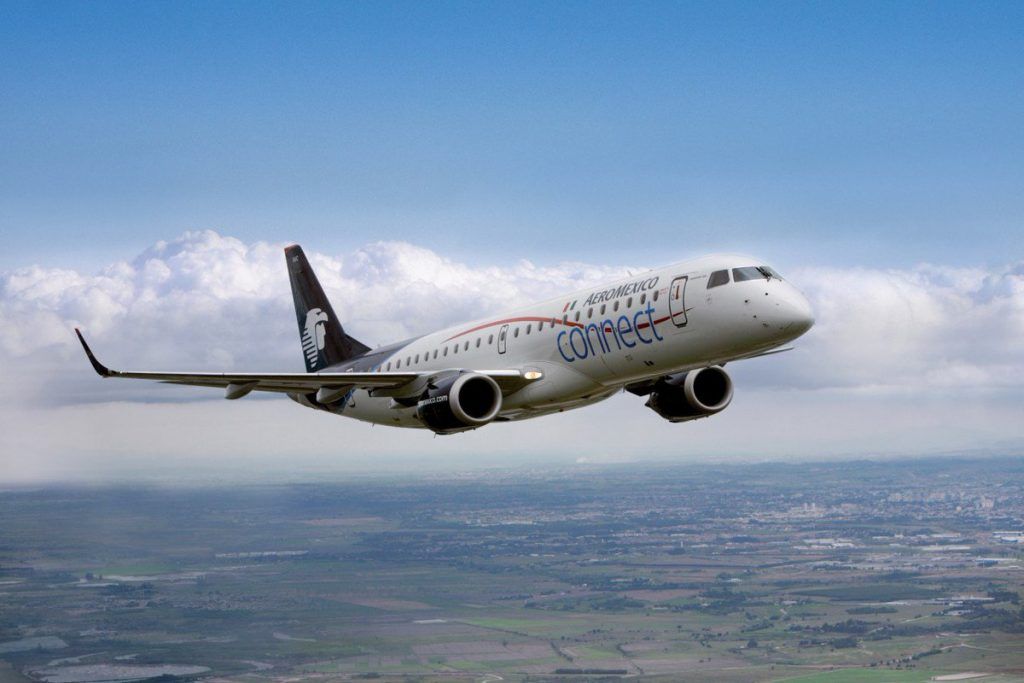The major change in Mexico‘s air sector over the last five years has been the creation of a new aeronautical authority to regulate the sector, the Federal Civil Aviation Agency (AFAC), highlighted a report by the World Trade Organization (WTO).
In 2019, the AFAC was created, which in 2021 replaced the Directorate General of Civil Aeronautics (DGAC) and took over its functions.
The AFAC is a deconcentrated agency of the Secretariat of Infrastructure, Communications and Transport (SICT) that has technical, operational and administrative autonomy; the DGAC, being dependent on the SICT, did not enjoy autonomy.
Now, the Civil Aviation Law of 1995, the Airports Law of 1995 and their respective Regulations regulate air transportation in Mexico, and have not been substantially modified since 2017.
International air service is regulated by air services agreements. However, in the absence of an agreement, the service is provided according to the principle of reciprocity.
According to WTO data, Mexico has signed 55 air services agreements. Since 2017, Mexico has signed agreements with Curaçao, Spain, the Philippines, Finland, Iceland, Israel, and the Netherlands; and revised its existing agreements with Germany, Canada, and El Salvador.
Mexico’s objective in signing and revising these agreements is to increase the degree of openness of air services to increase connectivity and thus tourism.
In general, Mexico does not grant fifth freedom rights. However, some of the agreements allow these rights to be granted provided that the airline so requests and the aeronautical authority of each Party agrees.
AFAC
Cabotage is not permitted. However, on the other hand, according to the Civil Aviation Law, private cabotage flights may not be operated either. Mexico restricts foreign participation in Mexican airlines providing international services. Fifty-one percent of the capital must be owned by Mexicans.
For companies operating flights only in the national territory, the Foreign Direct Investment (FDI) cap was increased from 25% to 49% in 2017. According to authorities, this has had a positive effect on FDI and has allowed for the modernization of the air fleet.
Foreign airlines require a permit, issued by the CAIA, to provide international services; and Mexican airlines require a concession (scheduled flights) or a permit (non-scheduled flights).
Meanwhile, tariffs for international services are filed with the ACAA and, in some cases, must also be approved.
Air traffic management and air navigation assistance services continue to be provided by Servicios a la Navegación en el Espacio Aéreo Mexicano (SENEAM), a state-owned agency. Mexico still restricts the participation of foreign capital in airports.
![]()

